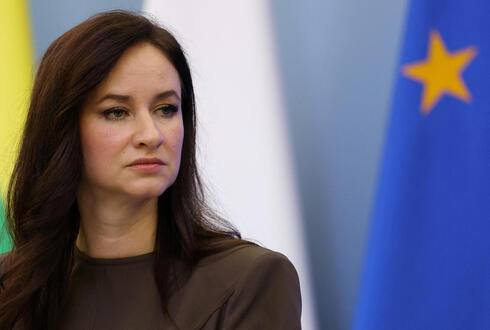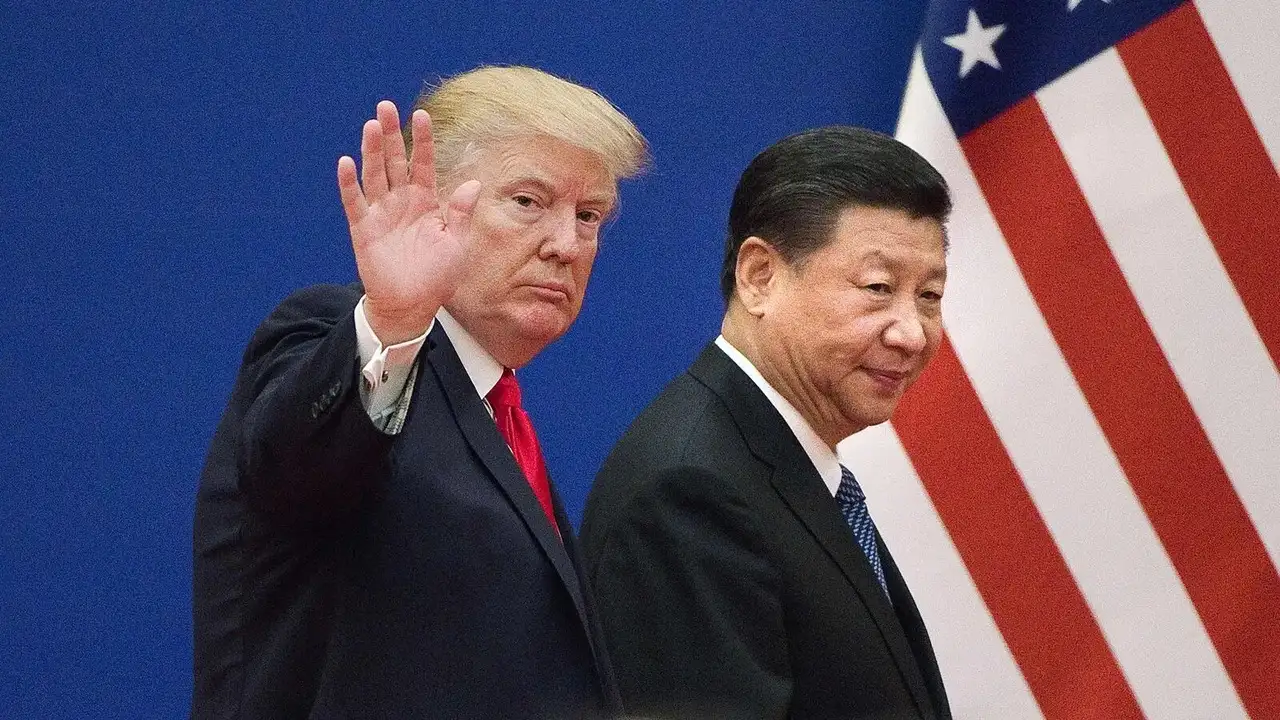Copyright ynetnews

Lithuania closed its border crossings with Belarus on Monday and said it may call consultations with NATO after identifying a recent wave of cross-border balloon launches as part of a “hybrid war” against Europe. Prime Minister Inga Ruginienė said the smuggling balloons, which have been drifting from Belarus into Lithuanian territory in recent weeks, represent “hybrid attacks” meant to destabilize the region. The Lithuanian army, she said, will begin shooting them down. Her announcement followed the temporary suspension of flights at Vilnius International Airport late Sunday after unidentified balloons entered Lithuanian airspace — the fourth such incident in a week. The balloons, which authorities say carry contraband cigarettes, were previously considered the work of criminal smugglers. But officials in Vilnius now believe the launches may be part of a coordinated effort by Belarus and its ally Russia to provoke and disrupt neighboring countries. “Lithuania is not merely facing smuggling operations but deliberate acts of destabilization,” Ruginienė said. Belarusian President Alexander Lukashenko, a close ally of Russian President Vladimir Putin, has not intervened to stop the launches, Lithuanian officials said. The prime minister added that all border crossings with Belarus will remain closed except for diplomats and European Union citizens leaving Belarus. “There is no other way,” she said. Lithuania, a NATO member, is considering invoking Article 4 of the North Atlantic Treaty, which allows alliance members to hold consultations when one perceives a threat to its territorial integrity or security. Authorities say balloons have disrupted air traffic for tens of thousands of passengers in recent weeks. Smugglers are believed to use helium balloons instead of drones because they are far cheaper. Vilnius, located about 40 kilometers (25 miles) west of the Belarusian border, has been directly affected as balloons are carried by prevailing winds toward the capital. The incidents coincide with a series of mysterious drone sightings near airports in Denmark, Germany, and the Baltic states — episodes Western officials suspect are linked to Russian intelligence activities. Last week, Lithuania reported that two Russian military aircraft entered its airspace for 18 seconds, prompting Spanish fighter jets stationed nearby under NATO command to scramble. Russia denied the incursion. Lithuanian Foreign Minister Kęstutis Budrys said the recent violations should not be dismissed as isolated events. “These are calculated provocations designed to undermine stability, divert attention, and test NATO’s resolve,” he said.



